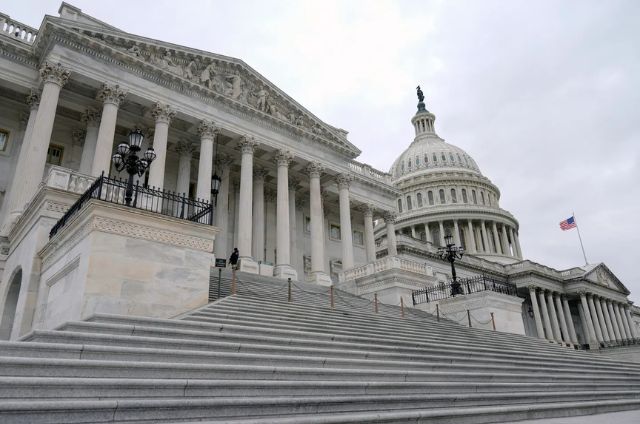Annual EV Tax Dropped
A proposed $500 annual penalty for electric vehicle owners has officially been scrapped by the U.S. Senate. Introduced as a way to offset declining fuel tax revenue, the hefty recurring fee was quickly met with fierce opposition. EV owners, automakers, and environmental groups argued that the tax unfairly penalized drivers who made the switch to cleaner transport. In response, lawmakers pulled back and are now working on a more reasonable, one-time fee system.
Miscommunication or Misfire?
Senator Moreno, who sponsored the original plan, faced heat after his comments sparked confusion. While it initially appeared he supported an annual EV ownership tax, he later clarified that he had only intended a single purchase-time charge—similar to the existing gas-guzzler tax. His walk-back came amid growing pressure from voters and industry leaders, who viewed the annual tax as excessive and harmful to the EV market.
A More Balanced Solution
The updated proposal recommends a flat, one-time fee paid during the initial vehicle purchase. This system mirrors how traditional fuel-based vehicles are taxed and avoids unfairly singling out EV owners. It also aligns better with how road maintenance funds are typically collected—at the point of sale or through fuel use—not through annual penalties for ownership.
EV Owners Already Pay Their Share
Many EV drivers already face higher registration costs at the state level. States like Texas, Ohio, and Georgia impose additional EV fees ranging from $200 to $300 per year, far exceeding what many gas drivers pay in fuel taxes. Adding a separate federal fee on top would have created an unbalanced and burdensome cost structure.
A Win for Fairness and EV Growth
The Senate’s course correction sends a clear message: tax equity matters. As EV sales accelerate, the focus must remain on smart, fair policy—not punitive measures. Supporting sustainable transportation should go hand-in-hand with maintaining our roads—without slowing down progress.



